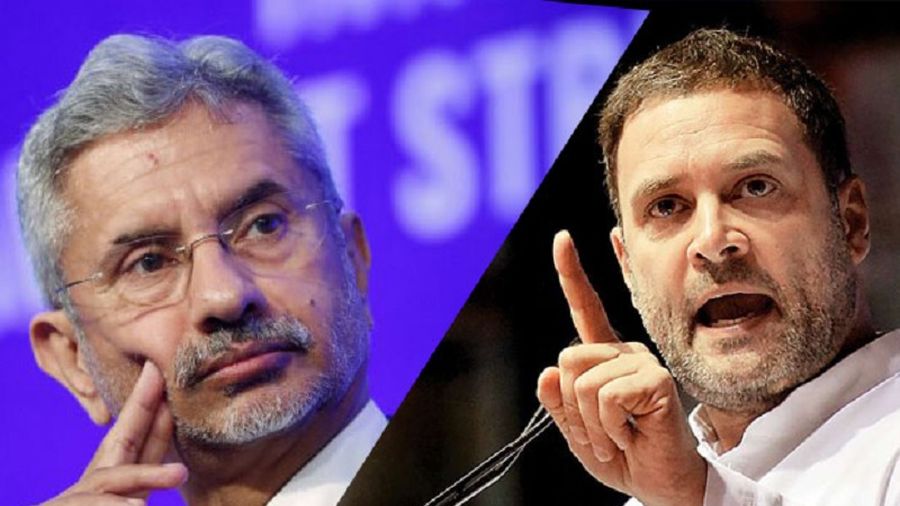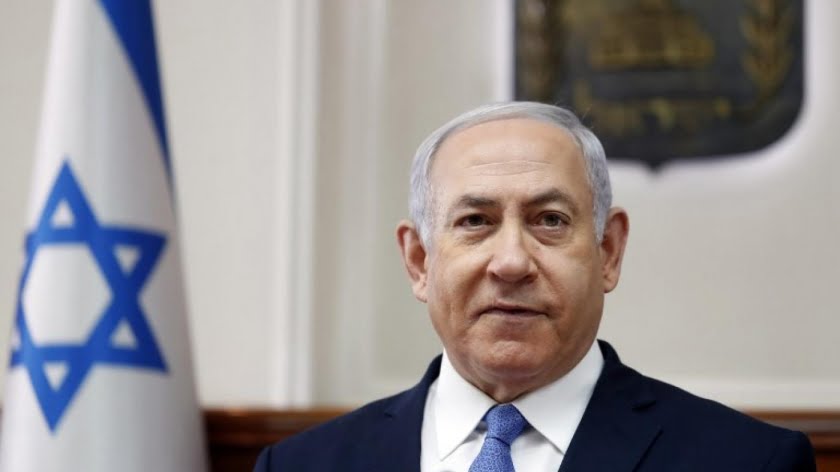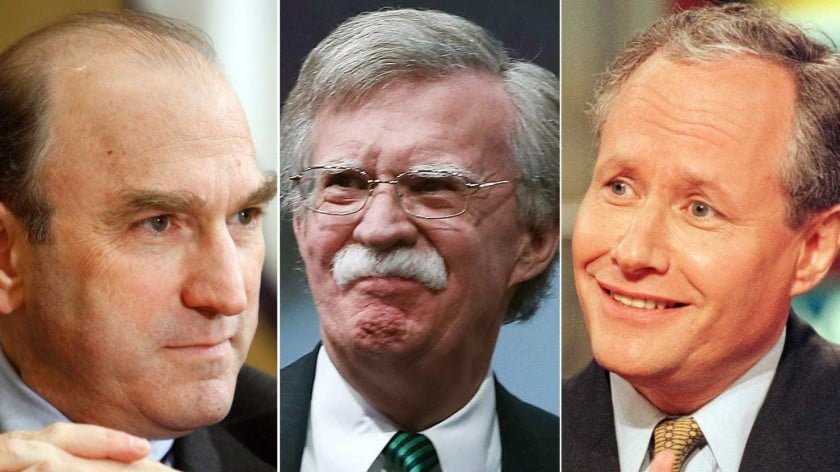Rahul Gandhi vs. Subrahmanyam Jaishankar: A Clash of Worldviews
The clash between Gandhi’s unipolar liberal-globalist (ULG) worldview and Jaishankar’s multipolar conservative-sovereigntist (MCS) one says a lot about India’s position in the global systemic transition.
Indian opposition leader Rahul Gandhi and External Affairs Minister Subrahmanyam Jaishankar are publicly feuding with one another in an exchange that represents a clash of their diametrically opposed worldviews. Gandhi told an audience in London during the Ideas for India conference that “I was talking to some bureaucrats from Europe and they were saying that the Indian foreign service has completely changed. They don’t listen to anything; they are arrogant. Now, they are just telling us what orders they are getting. There is no conversation. You can’t, you can’t do that.”
That prompted Jaishankar to retort on Twitter that “Yes, the Indian Foreign Service has changed. Yes, they follow the orders of the Government. Yes, they counter the arguments of others. No, it’s not called Arrogance. It is called Confidence. And it is called defending National Interest.” Domestic observers were quick to take sides based on predictable partisan positions, with the opposition supporting Gandhi while pro-government folks backed Jaishankar. What neither faction seems to realize, though, is that their feud is much more important than these two figures.
It represents a clash between Gandhi’s unipolar liberal-globalist (ULG) worldview and Jaishankar’s multipolar conservative-sovereigntist (MCS) one that says a lot about India’s position in the global systemic transition. Its policy of principled neutrality towards Russia’s ongoing special military operation in Ukraine preserved both countries’ strategic autonomy in the present bi-multipolar intermediary phase of this actively unfolding transition and established India as a leader of the Global South. The US-led West, however, strongly disagrees with this stance and has aggressively pressured India to reverse it.
This explains why those European bureaucrats complained about Indian diplomats to Gandhi. They arrogantly expected that they could talk down to this rising Great Power’s representatives as if they were still servants languishing under the British Raj. The US-led West isn’t used to Global South countries defying its demands, which it mischaracterizes as “arrogant” even though it’s their own diplomats who are always the ones that exhibit this attitude towards others. Confidently defending national interests is something that they never thought that India would do.
That just goes to show that the US-led West never really understood India, exactly as Meenakshi Ahamed explained in her detailed piece for The Atlantic. This civilization’s strategists formulate policy based on their ULG worldview which falsely presumes their “exceptionalism” and associated superiority over others. In their minds, the West’s socio-political system is the best that mankind has ever created and must therefore be exported across the world, especially to those countries that are presently resisting it since these strategists convinced themselves that they know better what’s in their interests.
India, however, has formulated its policies according to the MCS worldview of the ruling BJP from 2014 into the present day. This perspective acknowledges the diversity of socio-political systems in the world and considers every one to be equal to one another. It also respects every country’s right to govern themselves however they believe is best in terms of their unique socio-cultural and historical experiences. They’re fiercely opposed to foreign meddling in anyone’s internal affairs and insist on safeguarding strategic autonomy and national sovereignty at all costs.
Having explained the differences between these worldviews, it’s clear to see why Gandhi can be described as a ULG while Jaishankar is obviously a MCS. The first-mentioned sympathizes with his European counterparts who are shocked at India’s confident defense of its objective national interests and would probably have unilaterally conceded on them if his party was the one formulating foreign policy. The second, however, is directly responsibly for promulgating Prime Minister Modi’s distinctly MCS grand strategy and would thus never concede on his civilization-state’s national interests.
The New Cold War within which the global systemic transition is unfolding can therefore be simplified as a struggle between these competing worldviews. The US-led West is waging a proxy war on Russia through Ukraine and preparing to replicate this model against China via Taiwan in an attempt to delay its fading unipolar hegemony in the face of the irreversible multipolar processes that are actively underway. India’s come under unprecedented pressure from them because its policy of principled neutrality is accelerating the global systemic transition to multipolarity led by Russia and China.
All countries and the political parties within those that practice electoral democracy (even if it’s their own national form thereof and not a copy-and-paste of the Western model) can be described as ascribing to one of these two worldviews. In the Indian context, the BJP formulates policy based on the MCS one while Congress clings to the ULG worldview. Voters seem to have realized this as evidenced by the ruling party’s landslide during the last national elections. This makes it all the more curious that Gandhi refuses to accept that the Indian people don’t want to play second fiddle to the US-led West.
The only cogent explanation is that he’s indeed a true believer in the ULG worldview, so much so that it blinds him from the reality that’s obvious to any objective observer at home or abroad. Gandhi seems more comfortable complaining about his country to foreign bureaucrats on the other side of Eurasia than acknowledging that his envisioned subordination of India to the declining US-led West is deeply unpopular among his own people. This will continue to cost Congress at the polls, which has practically no chance of ever returning to power on a platform of turning India into the West’s indentured servant.








3 Comments